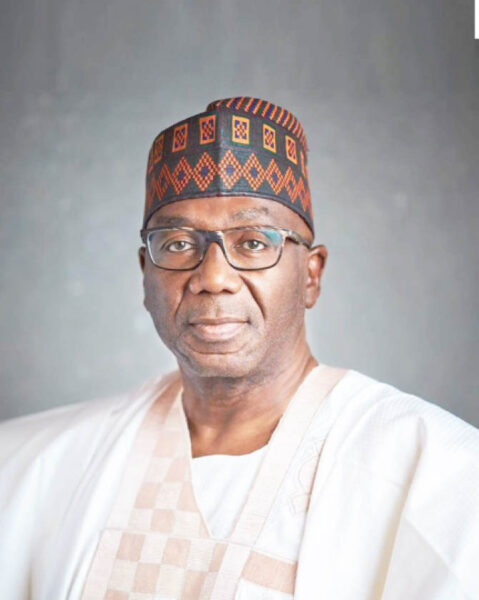Governors of the 36 states of the federation have resolved to collaborate with the Department of State Service (DSS) and other security agencies on intelligence sharing to stem insecurity and violent extremism in the country.
The decision was reached during a meeting of state governors held in Abuja on Thursday night, which ended in the early hours of Friday.
Reading a communique signed by Chairman of the Nigerian Governors’ Forum (NGF) and Kwara State governor, AbdulRahman AbdulRazaq, at the end of the meeting, Lagos State governor, Babajide Sanwo-Olu, said the decision followed a presentation made before the governors by the Director-General of DSS, Adeola Oluwatosin Ajayi.
SPONSOR AD
Recall that the DSS had alerted the Nigerian Army of an alleged plot by members of the Islamic State of West Africa Province (ISWAP) to launch coordinated attacks on communities in Ondo and Kogi States.
The DSS warned of imminent attacks by ISWAP terrorists and urged heightened surveillance and security deployment across vulnerable areas. The alert came amidst security challenges already posed by bandits and the Boko Haram insurgents in the country.
Sanwo-Olu said, “The Forum received a presentation from the Director-General of the DSS, Mr. Adeola Oluwatosin Ajayi, on emerging security threats and intelligence-led strategies to strengthen subnational coordination.
“The briefing focused on countering violent extremism, managing inter-communal tensions, and addressing security risks linked to economic hardship and political transition.
“Governors expressed appreciation to the DSS for its proactive engagement and reiterated their commitment to deepen intelligence sharing and collaboration with federal security agencies to enhance peace and stability across the states,” he said.
On economic issues, Sanwo-Olu said, “The Forum received a presentation from the Governor of the Central Bank of Nigeria, represented by the Deputy Governor (Economic Policy) Dr. Muhammad Sani Abdullahi, on the Bank’s ongoing stabilisation efforts to restore price stability and strengthen confidence in the economy.
“The briefing highlighted recent policy measures, including the tightening of monetary policy, unification of exchange rate windows, and recapitalisation of banks, to curb inflation, enhance liquidity management, and consolidate macroeconomic stability.
“Governors commended the CBN’s coordinated approach with fiscal authorities and underscored the importance of sustained collaboration to safeguard growth and state fiscal sustainability.”








